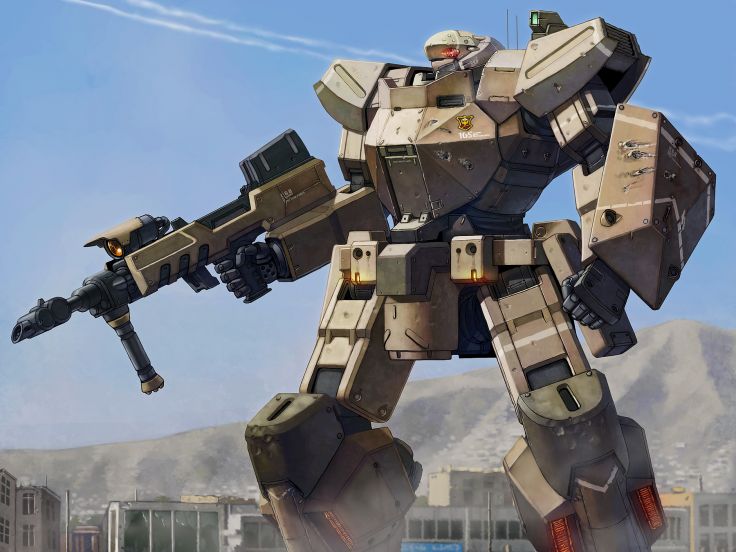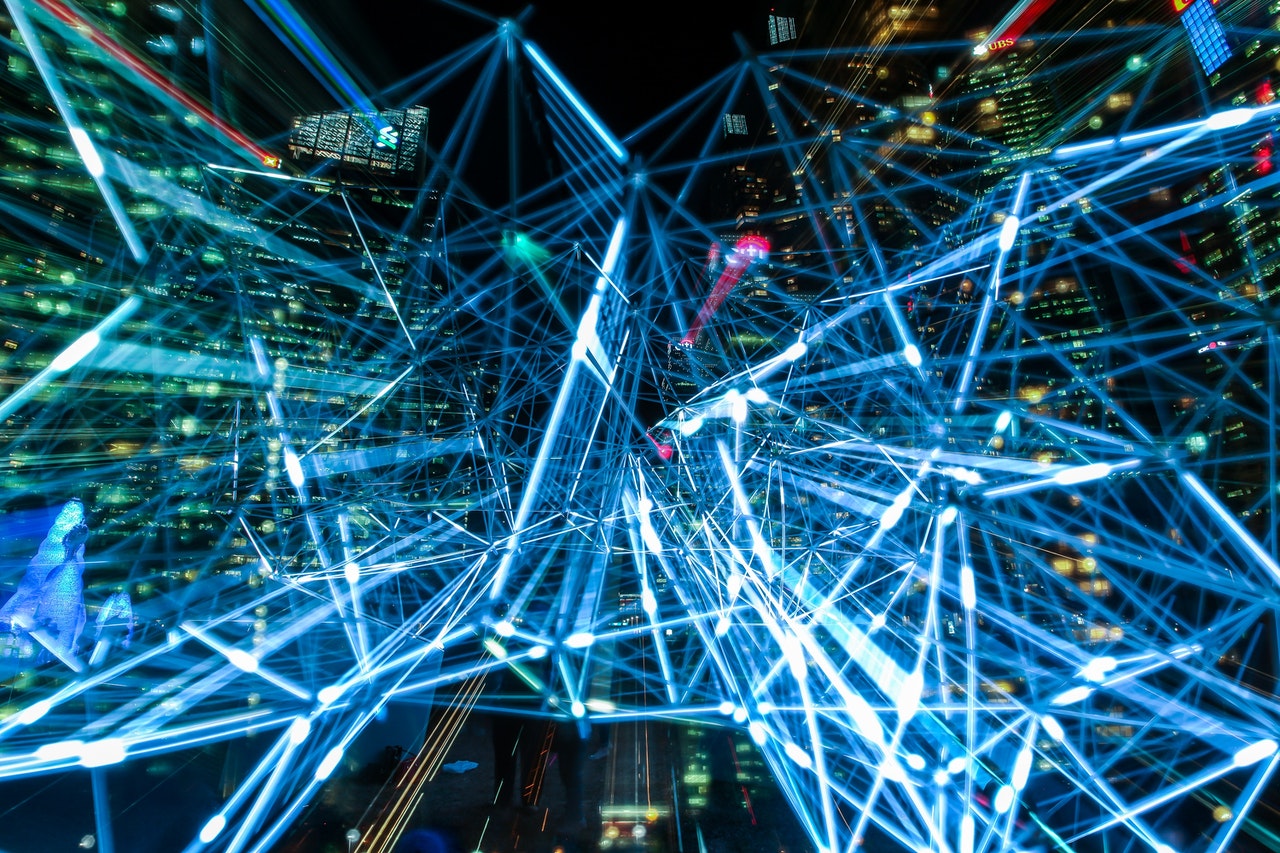In a shocking statement made at the opening of Cambridge University’s new AI research center in London, world-renowned theoretical physicist, cosmologist and author Stephen Hawking said that artificial intelligence could bring as many dangers to the human race as it does benefits.
This is not the first time Hawking has warned the world about AI, but it now seems that he will be a part of a team that will guide the development of artificial intelligence research. The aim of the new research center is to have “an eye toward ensuring that AI in the future is a benefit to humanity – not a candidate to harm or even end life as we know it.”
The United States military has long known about the destructive potential of AI. In a report to Congress earlier this year, James R. Clapper, President Obama’s director of national intelligence, warned that:
“The increased reliance on AI for autonomous decision-making is creating new vulnerabilities to cyber-attacks and influence operations….AI systems are susceptible to a range of disruptive and deceptive tactics that might be difficult to anticipate or quickly understand. Efforts to mislead or compromise automated systems might create or enable further opportunities to disrupt or damage critical infrastructure or national security networks.”
As such, the potential dangers of AI have long been the stuff of great science fiction thrillers, but it started way before then. It was in the 1921 play R.U.R. by Karel Čapek that the word “robot” was introduced into the English language. The play is about a robot rebellion that ends in the wiping out of the entire human race.
The real issue at hand here is where the line is drawn between humans controlling machines and machines controlling themselves. There’s no clear line at this point, but even experts in artificial intelligence admit that this is a distinct possibility. Surprisingly, however, it isn’t for the reasons we would imagine.
In 2013, Cambridge University asked a panel of experts about how soon machine intelligence will outstrip human intelligence. One of the panel members, Kathleen Richardson, is a “robot anthropologist”, meaning a person that “looks at how humans and non human objects interact with each other, and how that changes culture.” Here’s what Richardson said about machines overtaking humans:
“The human fear of robots and machines arguably has much more to say about human fear of each other rather than anything inherently technical in the machines. However, one of the consequences of thinking that the problem lies with machines is that as a culture we tend to imagine they are greater and more powerful than they really are and subsequently they become so.”
That’s a far-reaching statement, to say the least. Does that mean that we ourselves are responsible for handing over our lives to machines? To a great extent, that might be true. Consider how much we depend on technology in our daily routine. Can we get up without an alarm clock? Can we survive a whole day without electricity? Can we go a day without our smartphones, for that matter.
From Richardson’s perspective, the danger that machines pose to us is partly in our minds. But the threat that Hawking and Clapper are referring to is something far more real. It is a physical threat that machines could pose to humans in the future.
And it’s not just cyber attacks. When Clapper reported that “AI systems are susceptible to a range of disruptive and deceptive tactics,” the assumption is that there is some human malfeasance at play. Autonomous systems can be “hacked” and controlled by other humans, so it’s actually a danger that humans pose to humans using artificial intelligence as the new weapon of choice.
That makes it easier to believe, doesn’t it? If a hacker can control an autonomous defense system, for example, and turn that system’s weapons against its owners, that’s a far more realistic scenario than imagining that a “Terminator-like” cyborg attacking humans.
And what that boils down to is humanity’s innate fear of other humans, as Richardson says. Machines may not evolve quickly enough for them to present a real danger to our existence in the next few years, but put AI under the control of a “master villain”, if you will, and we are now looking at a very realistic scenario.
From that point of view, Cambridge University’s new research center – and Stephen Hawking, for that matter – have a real tough job ahead of them. Considering that they are responsible for studying and highlighting exactly such negative aspects of AI and ways to mitigate those potential threats, it would seem that the research center may have bitten off more than it can chew.
In a recent article about cyberattacks, we saw how smart home connected devices were responsible for the website outages of Twitter, Spotify and Reddit last Friday. If a simple collection of webcams, baby monitors and online printers can be used to effect this much damage, imagine what a weapons system could do if control fell into the wrong hands!
At the end of the day it’s got to be a trade-off between the benefits that artificial intelligence can give us versus the damage it could potentially do. But is the danger real? Yes, it most certainly is, and although it may nearly impossible for such powerful autonomous systems to be hacked into, controlled and used to destroy the human race, the chances of that happening are extremely minimal. Not negligible, mind you, just minimal.
That leaves us with the inevitable conclusion that the danger of AI being used for the wrong purposes is very much real. But the nuance that many fail to address is the fact that it will most likely be ‘human intervention’ that causes such threats, not AI entities themselves.
As for “malicious robots” that want to wipe out humanity, that’s up to Hawking and his research team to worry about.
Thanks for reading our work! Please bookmark 1redDrop.com to keep tabs on the hottest, most happening tech and business news from around the world. On Apple News, please favorite the 1redDrop channel to get us in your news feed.



